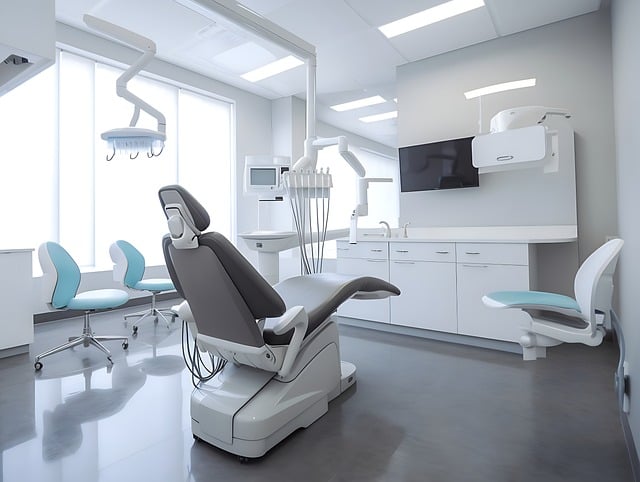Imagine a world where AI doesn’t just analyze your health data, but actively creates solutions to personalize your care, predict diseases before they arise, and even design revolutionary new drugs. This isn’t science fiction – it’s the dawn of generative AI in healthcare, poised to revolutionize the very way we diagnose, treat, and understand health.
From Data Analysis to Creation: A Leapfrog in Medical Technology
Traditionally, AI in healthcare focused on crunching big data to glean insights and inform clinical decisions. But generative AI takes this a step further.
Think of it like this: Traditional AI is the detective, meticulously combing through clues to solve a medical mystery. Generative AI, on the other hand, is the visionary inventor, dreaming up possibilities, and crafting novel solutions based on its vast knowledge of medical data.
Let’s dive into the transformative potential of generative AI in healthcare:
1. Predicting the Unforeseen: Early Disease Detection
One of the most exciting applications of generative AI is its ability to predict diseases before symptoms even appear. By analyzing patterns in medical data, including imaging, genetics, and lifestyle factors, AI can identify subtle anomalies that hint at future health risks.
Imagine this: An AI scans your routine chest X-ray and detects microscopic changes that, while invisible to the human eye, suggest a low risk of early-stage lung cancer. Armed with this knowledge, you and your doctor can proactively implement preventive measures, potentially catching the disease at its most treatable stage.
2. Crafting the Cure: Personalized Medicine on Steroids
Generative AI is also revolutionizing the field of personalized medicine by designing bespoke treatment plans for individual patients. By factoring in your unique genetic makeup, medical history, and response to different medications, AI can tailor therapies to maximize effectiveness and minimize side effects.
This isn’t just about tweaking dosages; it’s about creating entirely new treatment options from scratch. AI can model complex biological processes at the molecular level and design novel drugs or gene therapies specifically targeted to your unique needs. This personalized approach to medicine holds immense promise for treating chronic and complex diseases like cancer and autoimmune disorders.
3. Beyond the Pills: AI-Powered Wellness Coaches
Generative AI isn’t just about high-tech interventions – it can also empower proactive well-being. Imagine a future where your smartwatch isn’t just a step counter, but a personalized AI coach, analyzing your sleep patterns, stress levels, and activity data to guide you towards a healthier lifestyle.
The AI might suggest personalized workout routines, recommend stress-management techniques, or even create custom meal plans based on your unique genetic predispositions. This continuous, data-driven guidance can help you prevent illness before it starts, empowering you to take charge of your own health.
4. Democratizing Care: A Bridge to a Healthier World
One of the most critical aspects of generative AI is its potential to bridge the healthcare access gap. By automating tedious tasks like medical record analysis and administrative paperwork, AI can free up healthcare professionals to focus on what they do best: caring for patients.
Additionally, AI-powered diagnostic tools can provide accurate and timely diagnoses in remote areas with limited medical resources. This could revolutionize healthcare in underserved communities, ensuring everyone has access to the quality care they deserve.
Challenges and the Road Ahead
It’s important to remember that generative AI in healthcare is still in its early stages. Ethical considerations around data privacy, bias, and transparency need to be carefully addressed. Additionally, ensuring responsible and accurate medical AI applications requires robust collaboration between scientists, developers, and healthcare professionals.
However, the potential of generative AI to transform healthcare is undeniable. As we continue to refine and harness its power, we can look forward to a future where personalized, proactive, and accessible healthcare is not a dream, but a reality.
Remember, the journey doesn’t end here. We are at the precipice of a healthcare revolution, and generative AI is the key that unlocks a healthier future for all. So, join the conversation, explore the possibilities, and let’s work together to ensure that this transformative technology fulfills its promise and redefines the very landscape of healthcare.
